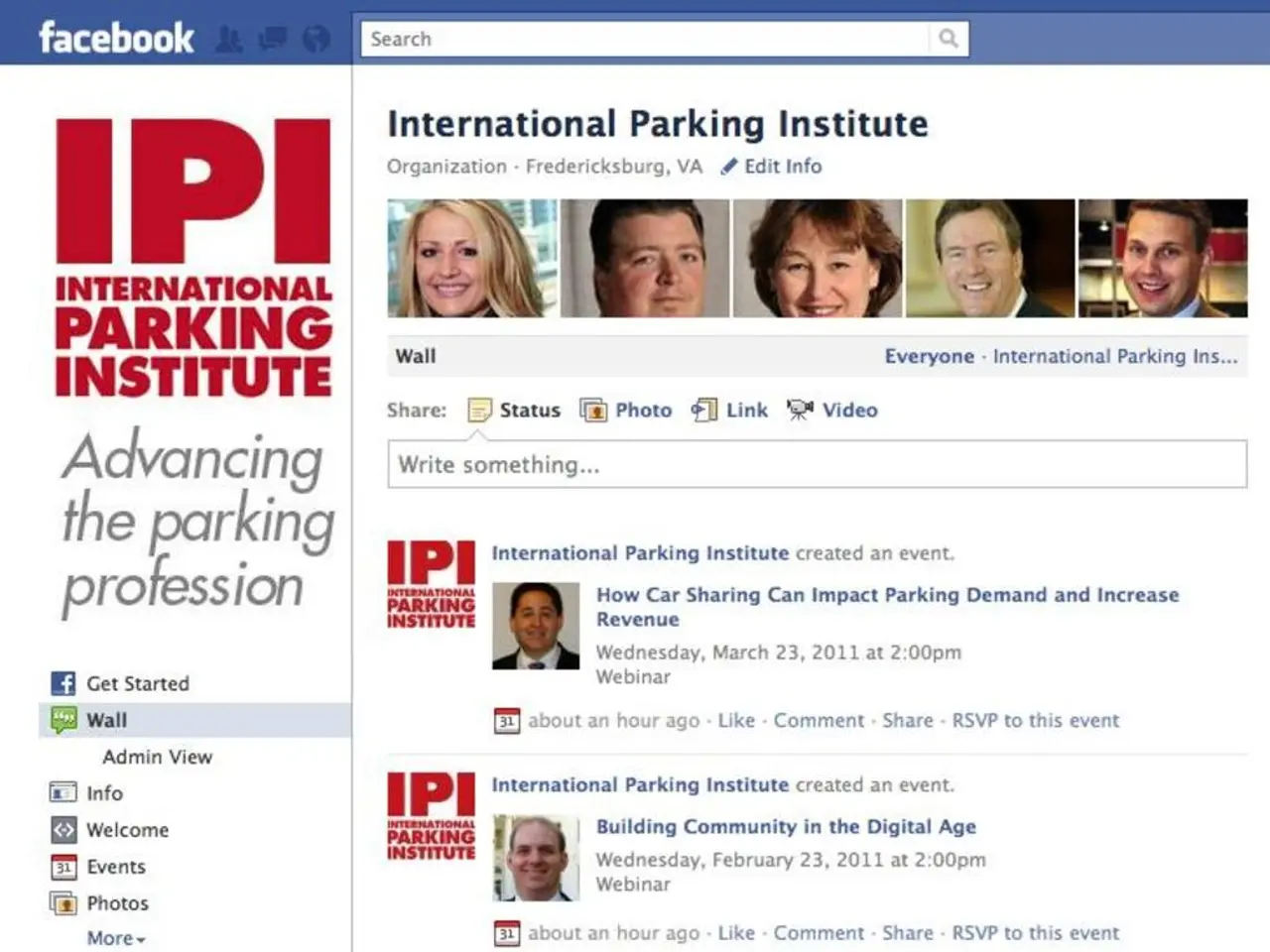The Excessive Choice in Dating Apps Leads to Mental Exhaustion
In today's digital age, dating apps have become an integral part of modern romantic life, revolutionizing the way people meet and connect. As these platforms evolve, they bring both opportunities and challenges, particularly when it comes to decision-making and mental health.
The paradox of choice, a concept introduced by psychologist Barry Schwartz, suggests that while having multiple options may initially seem beneficial, it can lead to greater anxiety and dissatisfaction. This is particularly true in the world of dating apps, where the more options users have, the harder it becomes to make a decision. This decision fatigue can negatively impact users' mental health, increasing anxiety, self-doubt, feelings of burnout, and dissatisfaction.
Decision fatigue arises from the overwhelming number of choices and continuous, often unrewarding decisions involved in swiping, matching, and messaging. Users may experience increased anxiety related to rejection, ghosting, and self-comparison, which compound decision fatigue and contribute to a cycle of negative emotions such as feelings of inadequacy and perfectionism.
To combat decision fatigue, strategies such as setting clear intentions and goals, limiting app usage, simplifying choices, practicing self-compassion, and seeking support can be effective. Reflecting on what you want from dating helps reduce aimless swiping and emotional depletion, while taking intentional breaks can help restore mental energy. Reducing the number of profiles reviewed or matches engaged with can prevent overwhelm and make decisions more manageable. Recognizing the emotional challenges are common can help reduce self-blame and anxiety about dating performance. Therapy or coaching focused on dating anxiety and decision-making can provide strategies to build confidence and manage anxiety effectively.
Algorithms used by dating apps can inadvertently add to decision fatigue by presenting personalized options, increasing expectations, and comparisons. The constant pressure to make decisions can begin to take a toll on users' mental health, leading to higher levels of anxiety, stress, and dissatisfaction.
Despite these challenges, dating apps have also contributed to a more inclusive dating world, offering safe spaces and opportunities for marginalized groups, LGBTQ+ communities, and those with disabilities to connect. The "swipe culture" creates an illusion of control, but it also encourages users to make snap decisions based on limited information.
As we look to the future, the focus will likely shift towards creating environments that prioritize meaningful connections, intentional decision-making, and a healthier, more fulfilling dating experience for everyone. This may involve offering in-app advice, resources on healthy communication, and relationship-building to help users approach dating in a more mindful way. Dating apps could also help users set realistic expectations for their relationships, focusing on trust, communication, and shared values rather than initial attraction.
New features on dating apps might encourage users to step away from endless swiping and engage more deeply with potential partners. The future of dating apps may involve creating a more mindful approach to dating by focusing on emotional compatibility, deeper connections, and reducing the cognitive load of decision-making.
In conclusion, while dating apps offer convenience and an endless pool of potential matches, they also bring an unintended side effect: decision fatigue. By adopting strategies to reduce cognitive overload, promote healthier interaction patterns, and improve overall mental well-being, users can navigate dating apps more effectively and find meaningful connections.
References
- [Schwartz, B. (2004). The Paradox of Choice: Why More is Less. Ecco.]
- [Finkel, E. J., & Eastwick, P. W. (2015). The Online Dating Paradox: When More Choices Lead to Decreased Satisfaction. Journal of Social and Personal Relationships, 32(10), 1407–1422.]
- [Kross, E., Verduyn, P. T., Demiralp, E., Park, J., Lee, M., Lin, C. Y., & Ybarra, O. (2013). Social media use predicts decreases in well-being in young adults over 2 years: A longitudinal study. PloS One, 8(7), e65835.]
- [Tiberius, C. (2017). The Impact of Decision-Making on Online Dating. Journal of Social and Personal Relationships, 34(7), 955–970.]
- [Twenge, J. M., & Campbell, W. K. (2017). The impact of smartphones on the mental health of adolescents in the United States. Pediatrics, 140(4), e20170366.]






